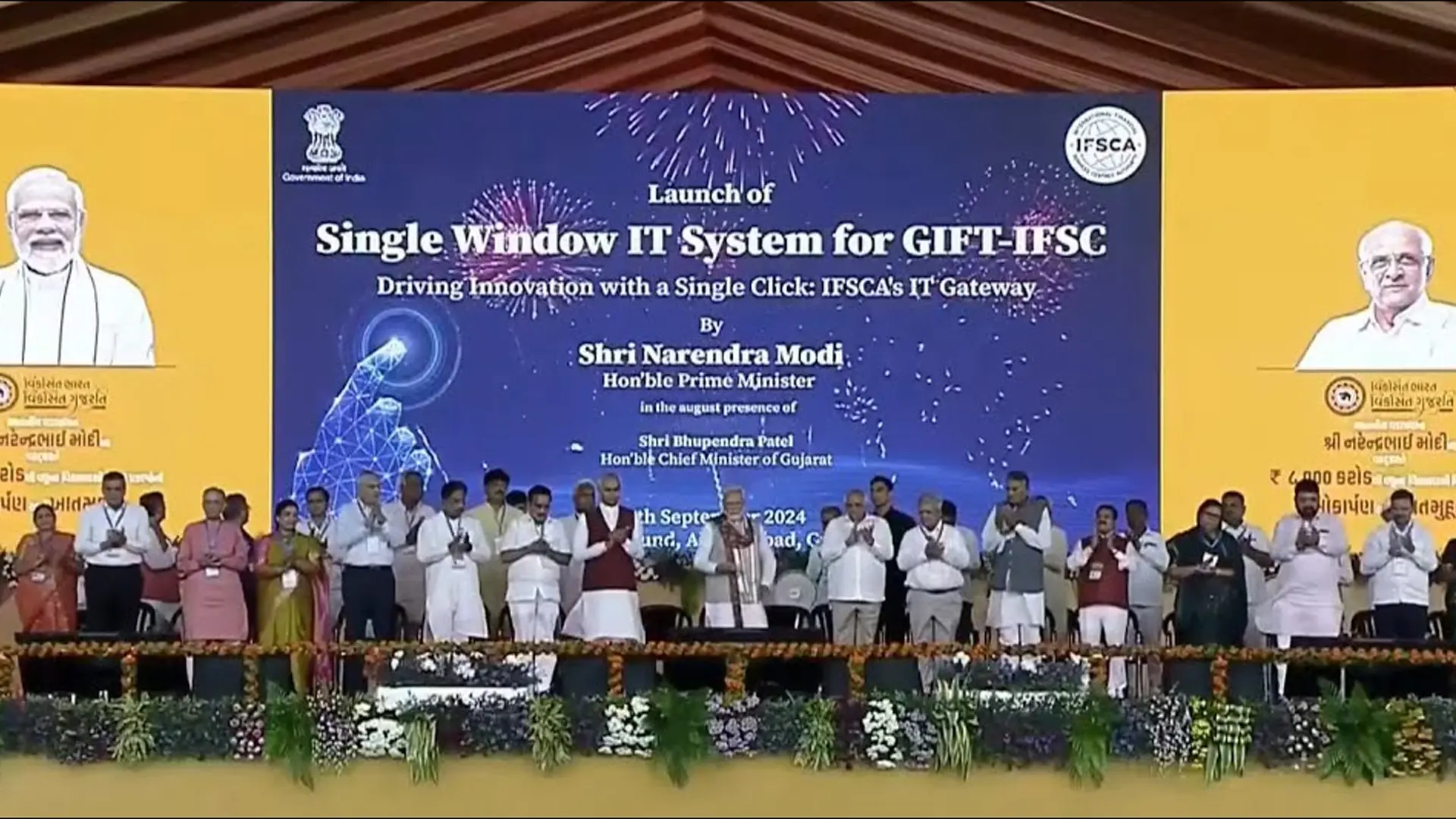As India marches towards its goal of becoming a $5 trillion economy, innovation and global connectivity in finance have become critical components of this journey. At the heart of this transformation lies the Gujarat International Finance Tec-City (GIFT City) India’s first operational International Financial Services Centre (IFSC). Launched in 2007, GIFT City is not just a hub for international finance; it represents India’s vision of becoming a leader in global finance, technology, and innovation. GIFT IFSC provides a comprehensive platform for financial activities, including banking, insurance, capital markets, FinTech, and Fund Management Entities (FMEs). Its attractive tax incentives and solid regulatory framework make it a gateway for both inbound and outbound global investments, drawing businesses and investors from around the world.
At Treelife, we are excited to present “Navigating GIFT City: A Comprehensive Guide to India’s First International Financial Services Centre (IFSC).” This guide offers insights into the current legal, tax, and regulatory framework within GIFT IFSC, highlighting the strategic advantages of establishing a presence here, with a focus on the FinTech and Fund Management sectors. Whether you’re an investor, financial institution, or corporate entity exploring opportunities, we believe this guide will be a valuable resource in navigating the exciting prospects within GIFT IFSC.
What Does GIFT City Offer?
GIFT City is positioned as a global hub for financial services, offering a range of services across banking, insurance, capital markets, FinTech, and Fund Management Entities (FMEs). By combining smart infrastructure and a favorable regulatory environment, GIFT City is becoming the go-to destination for businesses seeking ease of doing business, innovation, and access to global markets.
Here are some key takeaways from the guide:
1. Introduction to GIFT City and IFSCA
GIFT City is the epitome of India’s ambition to establish a world-class international financial center. The International Financial Services Centres Authority (IFSCA) is the primary regulatory body that oversees operations within GIFT City, ensuring a seamless and globally competitive financial environment. IFSCA’s unified framework offers businesses ease of compliance and flexibility, making it an attractive hub for both domestic and international entities.
2. Regulatory Framework for Permissible Sectors with Treelife Insights
Our guide provides an in-depth look at the regulatory landscape governing GIFT City’s key sectors, including banking, insurance, capital markets, and many more, with a special focus on FinTech, and Fund Management Entities (FMEs). Alongside Treelife insights, we highlight how the city’s regulatory framework promotes innovation, offering businesses a fertile ground for growth.
3. Setup Process
Our guide walks you through the step-by-step setup process for entities looking to establish operations. Whether you are a startup, a financial institution, or a multinational company, guide through GIFT City’s infrastructure and compliance processes.
4. Tax Regime
One of the standout advantages of operating within GIFT City is its favorable tax regime. Businesses enjoy significant tax exemptions, including a 100% tax holiday on profits for 10 out of 15 years, exemptions on GST, and capital gains tax benefits. These incentives are designed to attract global businesses and investors, positioning GIFT City as a competitive alternative to other international financial hubs. Our guide details these tax benefits and how businesses can leverage them for maximum advantage.
Why This Guide is Essential
Our guide provides a comprehensive overview of the opportunities within GIFT City, focusing on FinTech and Fund Management sectors. It also includes a detailed analysis of the tax incentives, setup processes, and regulatory requirements that make GIFT City an attractive destination for global financial institutions.
Whether you’re an investor looking to tap into India’s expanding economy, or a business exploring new markets, this guide will serve as your roadmap to success within GIFT City.
Download the Guide
Discover how GIFT City is shaping the future of finance and how you can be part of this exciting journey. Download our guide to learn more about the opportunities, regulatory framework for the permissible sectors, incentives, and innovations that await in India’s first IFSC.
For any questions or further information, feel free to reach out to us at gift@treelife.in.



